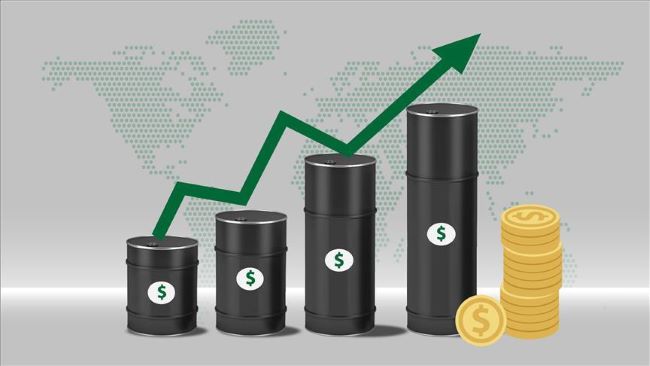The Central Bank of Nigeria (CBN) has highlighted ageing pipeline infrastructure and operational inefficiencies as major factors behind the significant decline in oil revenue during the third quarter of 2024.
According to the apex bank’s latest economic report, oil revenue plunged by 24.72% to ₦1.30 trillion, compared to the second quarter of 2024. This shortfall was largely attributed to reduced petroleum profit tax and royalties, compounded by frequent shut-ins caused by deteriorating pipelines and installations.
The report also revealed that the revenue figure fell short of the quarterly target by a staggering 75.39%, further underscoring the challenges facing Nigeria’s oil sector.
Despite a modest increase in crude oil production to 1.33 million barrels per day (mbpd) from 1.27 mbpd in the previous quarter, the sector struggled with theft, vandalism, and ageing infrastructure, which hampered Nigeria’s ability to meet its OPEC production quota.
Additionally, global market conditions exacerbated the revenue decline, with the average spot price of Nigeria’s Bonny Light crude falling by 5.45% to $82.23 per barrel, reflecting subdued demand. Similar price declines were recorded across other crude benchmarks, including Brent and the OPEC Reference Basket.
Economic Growth Driven by Non-Oil Sector
While the oil sector faced setbacks, Nigeria’s economy showed resilience, recording a GDP growth of 3.46% in the third quarter, up from 3.19% in Q2. This growth was driven by the non-oil sector, which contributed 3.18 percentage points to the overall GDP expansion.
However, the oil sector’s year-on-year growth slowed significantly to 5.17%, compared to 10.15% in the previous quarter, reflecting the impact of declining crude oil prices and operational inefficiencies.
Fiscal Challenges Persist
The fiscal implications of the oil sector’s underperformance were stark. Federally collected revenue fell 23.71% short of the budget benchmark, despite a 7.48% quarter-on-quarter increase. The fiscal deficit narrowed by 22.51% compared to the previous quarter but widened by 43.88% relative to the quarterly target, indicating ongoing fiscal pressures.
Achieving Oil Production Targets at Risk
The CBN report cautioned that Nigeria’s goal of achieving an oil production target of 2mbpd by the end of 2024 remains under threat due to these persistent challenges.
As the country grapples with infrastructure deficits and fluctuating global oil prices, experts are calling for urgent reforms to revitalise the oil sector and enhance its contribution to the nation’s economy.











